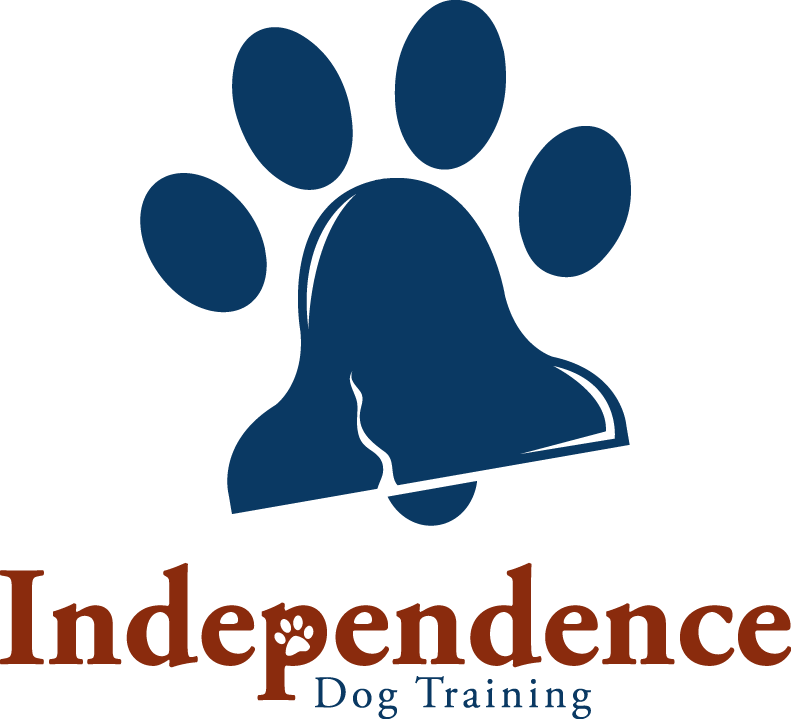Aggressive Dog Training
Aggressive Dog Training in Philadelphia
Aggressive Dog Behavior: How does it start?
When a dog owner is faced with aggressive behavior from their dog, their natural response is to search for a “why.” Why is the dog acting this way? What brought this on? Various theories always spring up, especially if the dog has an unknown background.
The truth is, there are MANY reasons a dog displays aggressive behavior. For example, aggression can be brought on by a traumatic event that occurred during the dog’s critical development period. Although aggression doesn’t look “fearful” to most people, fear is also a common motivator behind aggressive behavior. It’s also possible that the dog has learned aggressive behavior during “rough play” with other dogs. As the dog matures, what was once “rough play” can later become aggressive behavior.
These are just a few examples of the reasons behind aggressive behavior. Dog behavior, like human behavior, is influenced by a multitude of factors. Bad experiences that have resulted in negative associations, a canine personality that prefers to take control, and lack of communication and trust between a dog and its owner can also be reasons behind the development of aggressive behavior.
There are many kinds of aggression:
- Human aggression
- Dog aggression
- Sibling aggression
- Food aggression (resource guarding)
- Maternal aggression
- Territorial aggression
- Fear aggression
It can be interesting and sometimes helpful to understand what happened to a dog in the past, but in the end, it isn’t typically necessary. All that’s necessary is to understand the dog’s current situation, and all the factors that may currently be influencing his behavior.
“What happened yesterday doesn’t matter; it’s what happens tomorrow that matters.”
Aggressive Dog Training: Is it possible to overcome aggression?
Chances are, if you call ten dog trainers, describe your dog’s behavior, and ask about training options, at least three will gently suggest euthanasia, or rehoming the dog “at the least.” Sad, but true. This kind of over-the-phone diagnosis is irresponsible at best, but that’s why I always schedule an initial behavior consultation before making any final judgements.
Four dog trainers will enthusiastically tell you they can help you “manage” the dog’s behavior, or that they can try their behavior modification techniques, but if it doesn’t work they can at least help you manage it. Be wary of this word “manage.” There’s a huge difference between managing aggressive behavior, and resolving aggressive behavior through dog training.
Finally, three dog trainers will tell you they’ve done it before, and they’re confident they can do it again. Of those three, two will throw in a non-committal statement such as, “if I get uncomfortable at any point in time, I’m free to back out of the contract.” Finally, there will be one dog trainer who will say they’ve done it before, and there are no loopholes or catches.
Yes, it can be done. I can help!
How to get started with aggressive dog training
Before beginning any dog training program, especially for aggressive dogs, it’s important to meet with the dog and its family. I call this an initial behavior consultation. During this consultation, I will observe and evaluate your dog and get a feel for his/her temperament and personality. We’ll always take proper safety precautions to make sure no one gets hurt (that’s a key part of any work I do!).
I’ll also get to know you, and any other family members, canine and human. We’ll talk a lot about your relationship to your dog, your lifestyle, your schedule, your preferences, and of course, your goals for your dog. It’s also important for me to get to know any other canine family members and observe the dogs as they interact, if possible (and again, if it’s safe).
This initial consultation is so important when working with aggressive dogs because a dog’s behavior is always a result of many different factors. If we try to address the aggression without considering the rest of the dog’s behavior, it’s akin to plugging a hole in a dam. You might plug the hole temporarily, but the pressure is still there! Addressing the symptoms (the aggression) without zooming out to consider the cause(s) is not likely to produce lasting results. This is why I take the time to become familiar with the various factors that could be influencing your dog’s aggressive behavior, and his/her behavior in general.
To get started, give me a call at 215.709.2560, or email me using my contact form. I am happy to talk with you about your dog’s aggressive behavior! Check out some of our video testimonials for our aggressive dog training program!


